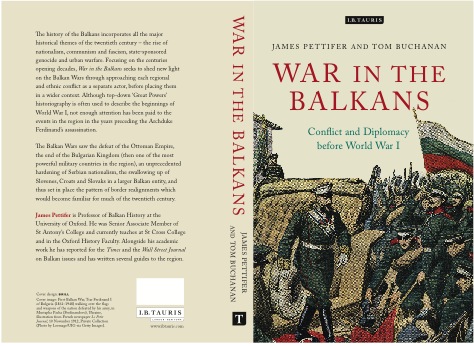PhD students from University College London’s Student Engagement Project are curating an exhibition around the theme of stress in the First World War.
Stress brings together a diverse collection of objects, ranging from a haemorrhaged brain to magic lantern slides from Francis Galton and Ambrose Fleming, with many on public display for the first time. The objects selected will challenge visitors to re-assess the effects of the First World War on the mind, the body and the environment.
Stress will run at the North Lodge, Gower Street, London between 9 October and 20 November 2015, from 12pm to 5pm. Euston Square, Warren Street, Goodge Street, Euston, Russell Square and King’s Cross tube stations are within walking distance.
For more information, see here.

